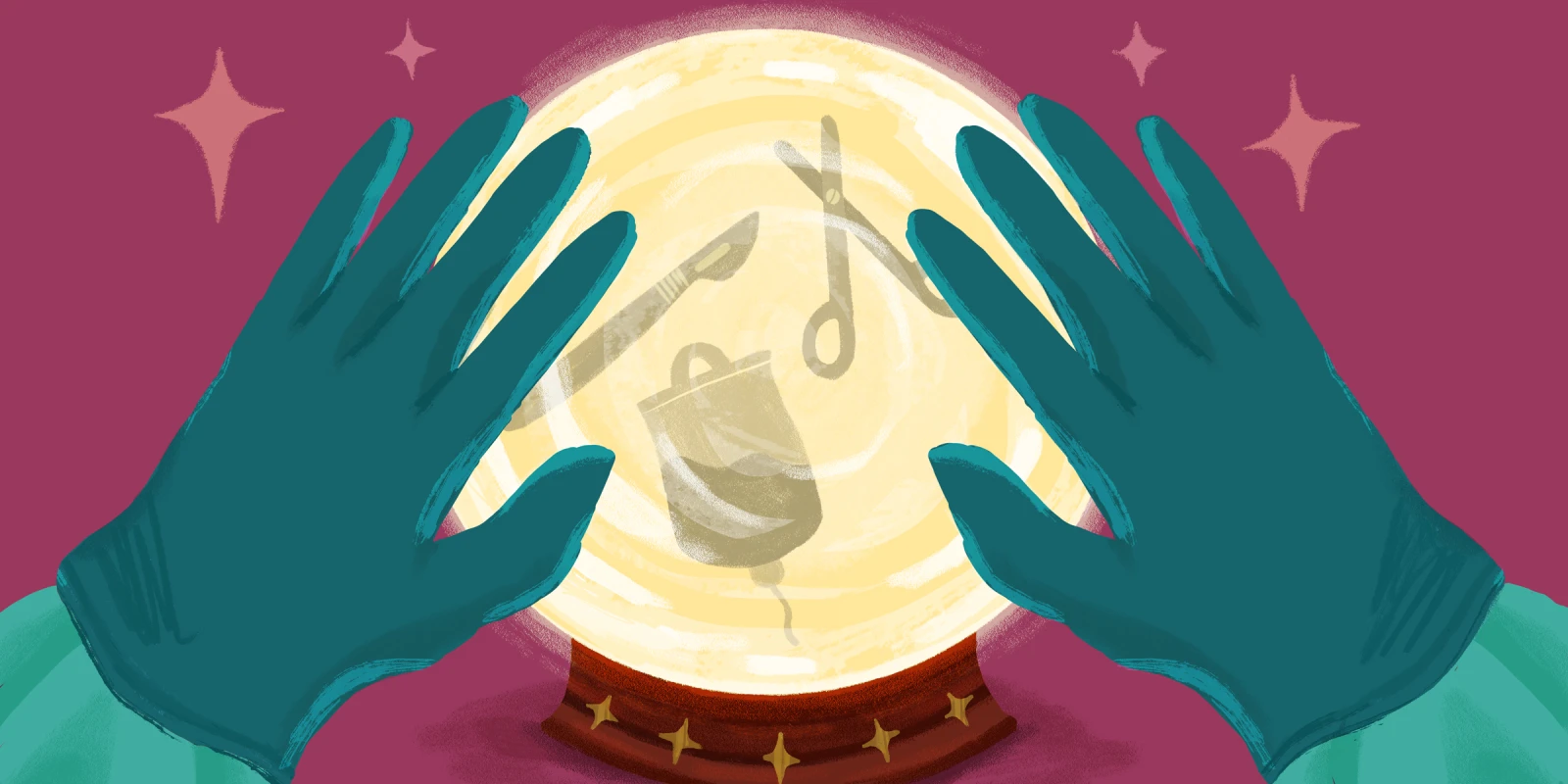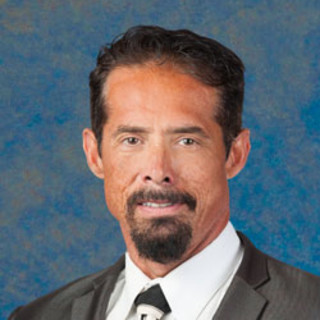My mother died almost two decades ago. She was only 69 years old and perfectly healthy. Still today, I wonder if I — as a physician and as a son — could have done more to save her life.
When my mom first fell on the kitchen floor, shattering her hip, she called and begged me for help. We got her to the hospital, and I arranged for a surgeon I trusted to operate on her. After an open-reduction and internal fixation, she moved to a rehabilitation center. She was frustrated by the loss of mobility and independence, but she was dogged in her daily exercises, making rapid progress toward a swift discharge. Suddenly, it all came crashing down.
She had pushed herself too hard and fractured her hip a second time. The setback was devastating. We had to prepare her for surgery once again.
I cannot forget the last few nights I spent with her at the hospital. She was serene in some ways, but she was also terrified. She had suffered from anxiety her entire life, and this situation made everything worse. I reassured her. I was keeping tabs on everything.
Still, I hid from her my lingering fear: blood clots. I had an intuition, but I silenced it. Her doctors were monitoring for complications. I convinced myself I had no business stepping in at that point.
And then it happened. My mother felt a pain in her chest, which she thought was simply a panic attack. She begged for her anxiety medication one minute, and the next minute she was gone. I couldn’t intervene.
I have never felt so helpless as a physician or as a human being.
After 30 years of practicing medicine, I can freely admit that many of my clinical decisions are rooted in my intuition, buttressed by my thousands of past experiences and a reservoir of subconscious knowledge. But intuition is more than just experience or expertise. My experience with my mother begs the question to this day: Where are the limits of analytical thought, and how should our intuition take charge?
Our modern world owes many of its luxuries to the scientific method — an empirical approach to decision-making in various walks of life. Is there a cost, though, to this fanatical reliance on what we can see and prove? Are we too reluctant to discuss the role intuition plays in the clinical setting?
There is an intuitive urge inside us, particularly among those who practice the medical arts. It’s a powerful aspect of the human spirit, and I don’t think we should just ignore it when it comes to providing care.
Does that mean we should ignore the cold hard facts in front of us? No. Should we cast aside probabilities and decision matrices? No. I’m advocating for nuance — that is to say, if you have an intuition about a patient’s care, you should indulge it. That’s what separates a human medical doctor from a machine or an algorithm.
Of course, we can’t confuse intuition with fear. You may feel uneasy before embarking on a new adventure, and it may seem as though your intuition is directing you to hold fast. But fear is physiological. It is anxiety produced by chemicals in our brains, triggered by the prospect of the unknown.
Intuition is far more psychological than that. The only way to really tell the difference in practice, I have learned, is through deep introspection. Personally, I try to meditate on my intuitions before diving fully into the project of exploring them.
With this methodology, I can explore my body and discern the evolutionary safeguards present in things like fear and anxiety from the blessing of intuition. I aim to discover whether my instincts lead me to expand or contract in every situation.
I don’t know for sure whether it was a blood clot that finally killed my mother. The more I read about so-called “broken heart syndrome,” the more I question whether that might not have caused death. I have learned something from experience, whatever the scientific explanation: I should never just ignore my intuition. These days, I apply that lesson daily in my medical practice.
My patients are not science experiments. My care cannot be reduced solely to a rote process of trial and error based entirely on probabilities derived from de-personalized studies. I have to be rigorous about the scientific basis for my medical decisions. Still, I am equally committed to exploring that feeling I get, that instinct to test an unusual theory from time to time. We shouldn’t leave our intuitions out of our decisions.
Have you ever ignored your intuition and come to regret it? Share your experiences in the comments below.
Dr. Francisco Torres was born in Seville, Spain, and graduated cum laude from the University of Puerto Rico in 1982 with a degree in biology. He then attended the University of Puerto Rico School of Medicine and was awarded his medical degree in 1986. Dr. Torres performed his residency in physical medicine and rehabilitation at the VA Hospital in San Juan, Puerto Rico, before completing a musculoskeletal fellowship at Louisiana State University Medical Center in New Orleans. He went on to serve three years as Clinical Instructor of Medicine and Assistant Professor at LSU before joining Florida Spine Institute in 1993, and is the author of five books.
Illustration by Diana Connolly






